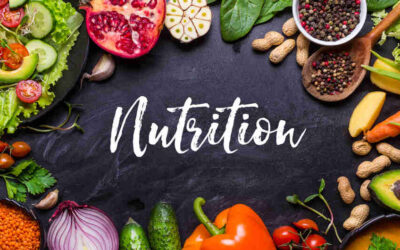Christmas and food – caution to food businesses & consumers
There were less restaurants and hotels in those days. Majority of us ate from home and our parents used to sweat to prepare the most sumptuous but relatively safe food for us. Indeed, outbreaks of Cholera in the 1980s were attributed to consumption of public food more than home-made foods.
Today the hospitality industry has expanded from just hotels, to a proliferation of restaurants, city or town kitchens, glorified chop bars, wayside kitchens, you name them. The mass patronage of such restaurants today, is not only seen as a sort of family entertainment but a way of escaping from the usual home-made foods to something different. It also points to some sort of social status, talking of those families who would patronize the most expensive restaurants
Foods Businesses and Food Safety during the season
Undercooked Food
Other Practices of concern
Precautions for Food businesses
Catering staff must take off all jewellery during cooking to prevent physical hazards such as finger rings, nose rings, ear rings, necklaces, watches and the like from entering into food. All catering staff must cover their heads to prevent hair strands from entering into food. Apart from the hair strands presenting a physical hazard, they also introduce spores of some pathogens trapped in them. Refrigeration and cooking temperatures must be strictly adhered to. Hot food must always be kept above a temperature of 63Oc. Food to be served cold like salads must be kept under refrigeration conditions below 5OC. Meat and poultry to be used later must be kept in freezers at a temperature of -18oc.
Precautions for Consumers & Customers
Having said that, there are microorganisms which can cause both spoilage and food poisoning. Do not eat cooked meat or poultry that still has blood at the centre. Immediately reject food with the following characteristics; colour of the food has changed from what it usually is, ropiness, sourness, bitter aftertaste, slippery and has a rather foul smell. These are signs of spoilage. If spoilage sets in, food is unwholesome and must not be consumed. There is also the possibility of food poisoning bacteria present in the food.
Medical attention
On behalf of QA Consult, I wish you a Merry Christmas and a joyous New Year!
Johnson Opoku-Boateng is the Executive Director & Lead Consultant, QA CONSULT (Consultants and Trainers in Quality/Safety Management, Manufacturing Excellence and Food Safety) and can be reached on +233209996002, email: johnson@qaconsultgh.com.
Related Services
The Hungry Potbelly – bringing nutrition to the fore as a nation!
The Hungry Potbelly – bringing nutrition to the fore as a nation! As part of the long-term vision set out in Agenda 2063, the Assembly of Heads of State and Government of the African Union has adopted common African aspirations, drawing on the potential of its...
Silent Consumer Carelines – A major setback for industries
Silent Consumer Carelines – A major setback for industriesMohammed bin Rashid Al Maktoum wrote in his book “My Vision” (Challenges in the Race for Excellence) that “Anyone visiting the city realizes from touchdown that Dubai is exclusive and different. Because Dubai’s...
Industry & Consumer Information with Johnson Opoku-Boateng: Rising from complacency
Industry & Consumer Information with Johnson Opoku-Boateng: Rising from complacencyThe Case of Successful Small Business“Expansion and modernisation of the nation’s productive plant is essential to accelerate economic growth and improve the international...
Get In Touch
HEAD OFFICE
Aviation Highway , East Airport ( Spintex)
Landmark: Endpoint Homeopathic clinic



